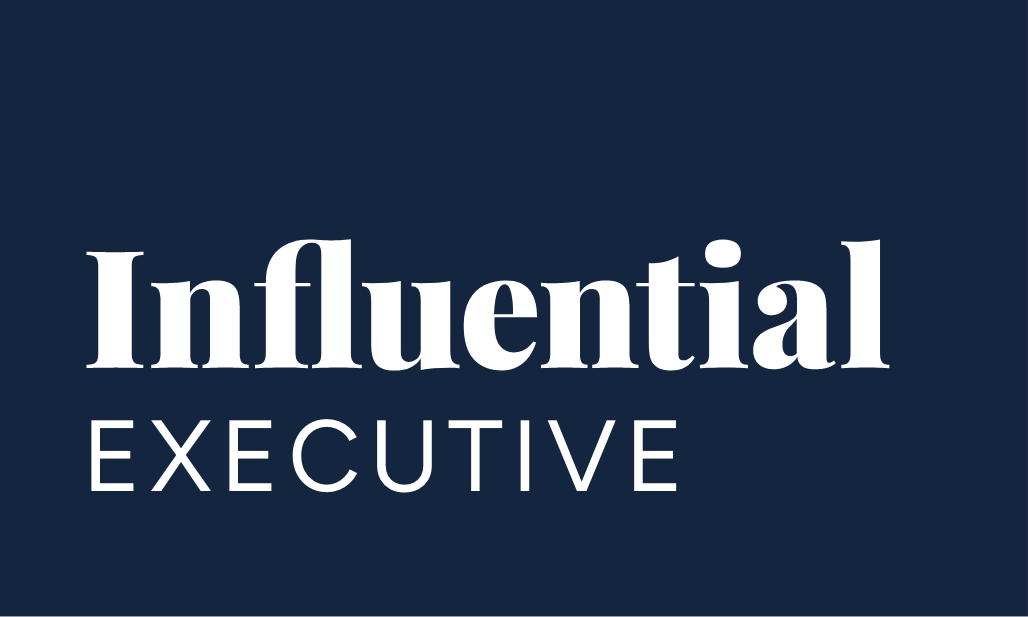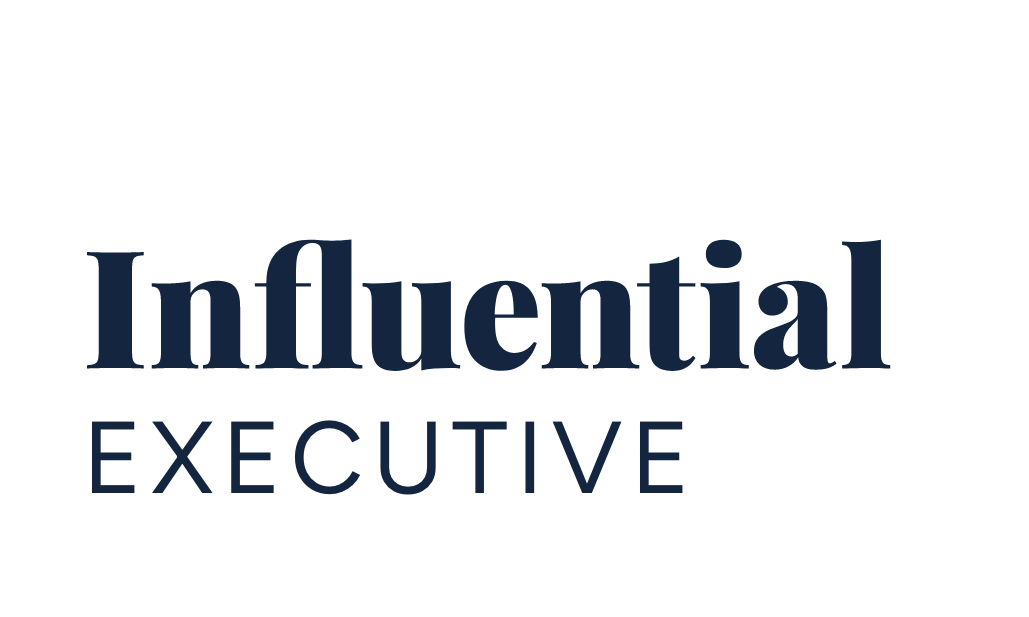For executives in the healthcare industry, using social media can seem like a daunting task. After all, they must navigate different healthcare compliance and regulations. If they share content that shouldn’t be posted publicly, it could be costly — not just from a monetary standpoint, but it also impacts customers’ and patients’ trust in the brand.
While social media may feel like a burden and a risk, healthcare executives stand to benefit greatly from establishing an effective and strategic social media presence.
Keep reading to learn more about content that healthcare executives should stay away from, content ideas they can post, and how using social media in the highly-regulated healthcare industry is more accessible than you think.
Healthcare Compliance and Regulations
Certain industries have regulatory bodies that govern what type of information can or cannot be shared on social media with the public. Because the healthcare industry deals with sensitive patient information, regulations exist at the organization, industry, state, and federal levels. Some of the important policies and regulations in the healthcare industry are governed by:
- HIPAA and HIPAA Privacy Rule
- Health Information and Technology for Economic and Clinical Health Act
- Organizational guidelines on social media use
At times, sharing content that violates HIPAA regulations isn’t done with bad intentions. For example, a social media user in the healthcare industry may want to share images or videos about a positive story with a recent patient, hoping to inspire other people who may be going through a similar experience. However, this type of content may violate various privacy laws if it includes identifiable information within the post, such as the patient’s name, a computer screen that hasn’t been blurred, or open medical records on the table.
Another aspect to consider is that individual social media platforms will also have their own content policies about what can or cannot be posted. With the COVID pandemic, many platforms tightened up their community guidelines. For example, Instagram created a guidelines page for COVID and vaccine-related content.
Social Media Content Healthcare Executives Should Stay Away From
Here’s a quick list (that is by no means exhaustive) of content topics healthcare executives should stay away from on social media:
- Content that may breach patient confidentiality
- Content that promises or guarantees specific healthcare-related results
- Healthcare-related content that is outdated, inaccurate, or misleading
For those building their executive branding, here’s another topic to steer clear of: controversial healthcare-related issues or opinions. While discussing these topics may not violate any regulations, it may negatively impact how an executive is perceived. Focus on building an effective and supportive social media presence — rather than aiming for social media notoriety!
Suitable Social Media Content for Healthcare Executives
We covered what healthcare executives shouldn’t post, but what about the types of content they can post? Here are some examples of appropriate content to establish an executive social media presence:
Case studies that speak about the healthcare company’s results (and that do not include any specific patient information). For example, if your company helped patients get diabetes screenings 50% faster thanks to your proprietary app, this would be something to share on social media. It’s factual and illustrates your company’s success, but does not include patient information.
Instead of business-specific content, general content about healthcare is another content type that can be shared. For example, an executive of a clinic specializing in cardiovascular disease may share a LinkedIn post in February to celebrate American Heart Month and offer information on how maintaining heart health is important.
Executives who want to share more about their company have other topics to choose from, not just service or product-related content. For healthcare executives, company milestones are a common topic that is generally safe to post online. For example, a CEO may Tweet about the opening of the company’s new office to support patients in that region. However, exercise caution when it comes to investments and other finance-related topics in healthcare. Some information may not yet be suitable to post online, such as when a deal is still being inked!
Social initiatives are an effective way to showcase what a company values. As an example, an executive at a medical device company may share a LinkedIn post about the company’s latest recycling efforts in the area. While the content isn’t directly related to medical devices, it shows that the company values its community and offers volunteer experiences for employees. For many C-suite leaders, sharing this type of content is an impactful way to build their executive brand.
Building a Healthcare Executive Social Media Presence
Whether a healthcare leader is looking to establish their executive brand or they have an in-house marketing team who’s managing it on their behalf, one of the most important questions is how do we build a social media presence that is industry compliant?
One route is to develop a comprehensive social media strategy that takes all of the industry’s regulations into account. Of course, long-established industry regulatory bodies are just catching up to more modern social media platforms, so this process may be one of continuous updating. If marketers are launching their C-suite leader’s social media for the first time, there may also be some growing pains in terms of establishing streamlined processes that get social media content from point A to B effectively.
Another route that has been effective for many healthcare executives and their teams is to partner with a social media content creation agency. Digital marketing experts specializing in building and maintaining executive brands have processes in place to support those in highly regulated industries, such as having multi-level review processes that ensure content can be posted from a legal and compliance standpoint.
Ultimately, the industry an executive is in shouldn’t be a prohibitive barrier to strategically using social media. Healthcare executives have just as much to gain from being on social media as other executives in industries like consumer goods, entertainment, and so on.
If you want to learn more about how to establish your executive social media presence, check out our other article below!


